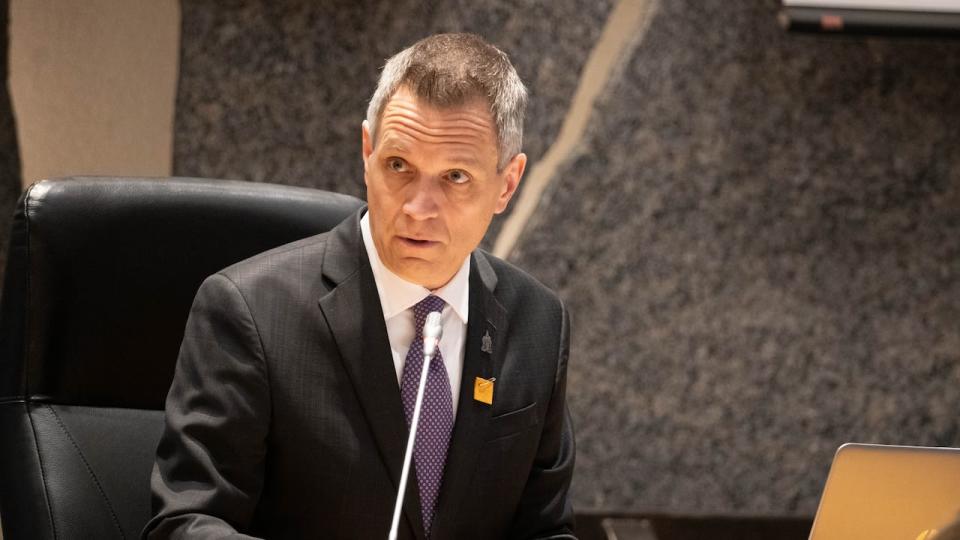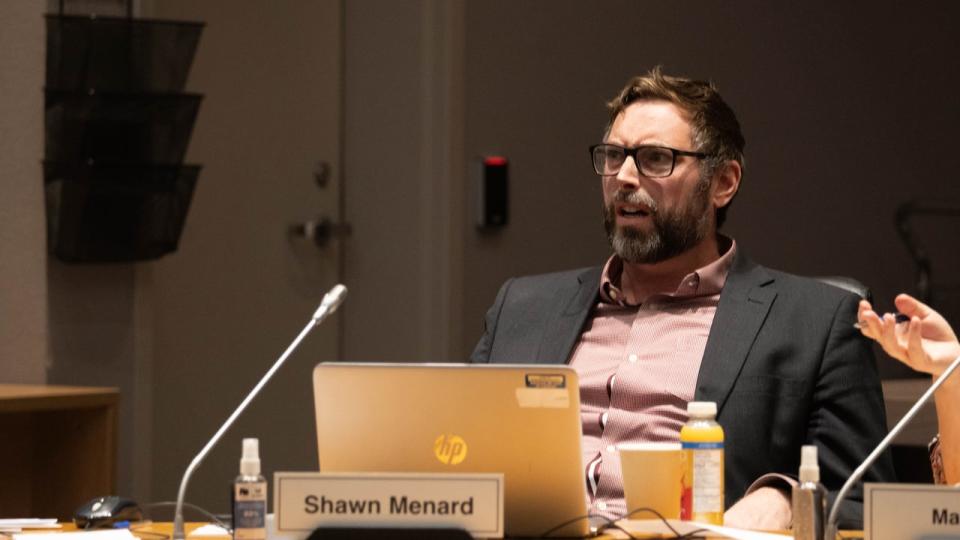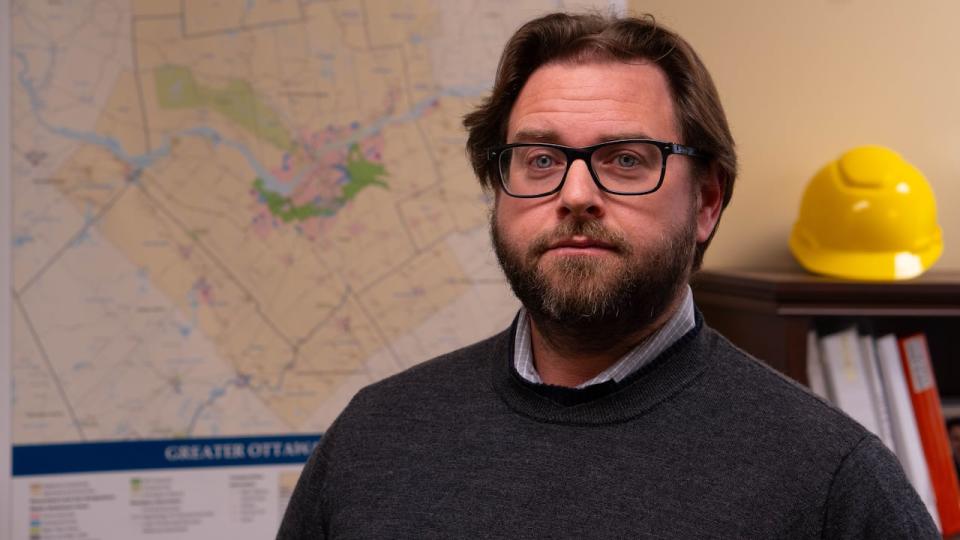Council could limit — or maybe even ban — developer donations to wards
Ottawa city council has a decision to make on one of the most contentious issues at city hall this term — the question of how or if councillors should negotiate voluntary donations from developers to benefit their wards.
Staff have spent the last few months researching a potential policy to guide future donations, recommending in a report to an upcoming finance and corporate services committee new rules to ensure transparency and include a blackout period for negotiations.
The measures seem promising to Mayor Mark Sutcliffe, though perhaps don't go far enough.
"I do think that the guardrails that have been introduced or proposed will help a little," he told CBC on Friday. "They will help put some parameters around it and they will help to address the concerns that I know many in the community have had about this process."
Sutcliffe is one of many local politicians to show discomfort with the "optics" of the donations, which he said can leave the public with the perception that these contributions factor into decisions to approve certain developments.

Controversy outlived contribution agreement
An agreement between Capital Coun. Shawn Menard and Groupe Katasa for the developer to provide $200,000 for affordable housing and another $100,000 for traffic calming kicked off a firestorm of debate earlier this year.
The agreement was called everything from a "slush fund" to a "windfall," with Menard's colleagues divided on whether the move was appropriate.
They eventually approved the deal but changed the wording to spread the funding across the city. Katasa expressed concerns with the process and then withdrew its pledge entirely.
Menard said Friday he welcomes new rules to ensure no one gets the wrong idea.
Without a policy, councillors have had to do the best they could to advocate for their communities and be as transparent as possible — which is what he was doing when he asked the legal department to sign off on his agreement with Katasa before he presented it to council, Menard said.
"I think these types of discussions are important for counselors to be able to raise issues that community are raising and for us to come to conclusions and get more housing built," he said. "At the same time, to me this has always been a potential for win-wins, and I think part of the staff recommendations would allow for that."

Proposed solution
Staff looked at existing agreements in Toronto, Edmonton and Vancouver and came up with their own suggestions to prevent a real or perceived conflict of interest.
"Any decision regarding whether to propose a donation should remain entirely in a potential donor's hands," staff wrote, indicating that this donation would not impact any decisions on policy.
Donation amounts might also be capped at $250,000.
The goal is to ensure no one sees this process as "quid pro quo," said Jason Burggraaf, the executive director of the Greater Ottawa Home Builders' Association.

He said the most "critical" element would be a proposed blackout period, which would block any discussion of a donation from the moment developers begin the pre-consultation process with staff. The blackout period would not lift until the appeal period for a project ended.
Creating this policy is the next step in removing the political aspects of approving new development, allowing staff and council to hone in on the technical elements and whether they align with Ottawa's plans for growth, Burggraaf added.
But removing politics from the discussion hasn't been easy so far.
Option to prohibit donations
Debate around the council table has at times felt personal — a tense atmosphere reflected in the list of public comments staff have provided in their report to councillors.
Many supported the idea of the agreements, saying they are an important way for developers to reflect and address the concerns of residents who leave nearby developments.
Menard and Burggraaf have agreed, pointing to the effect of construction and intensification on things like traffic.
But many others questioned whether money could flow from beneficiaries to city decision-makers without raising the spectre of "corruption."
City staff did not go as far as to promote their plan as a recommendation, instead providing an additional option: to prohibit these donations entirely.
"Having that option in there... obviously, it's not the way I had seen it coming," Menard said of that option being listed. "But I'm hoping that we see a policy in place."
The report will go to finance and corporate services committee on July 2, before a final vote by council on July 10.


